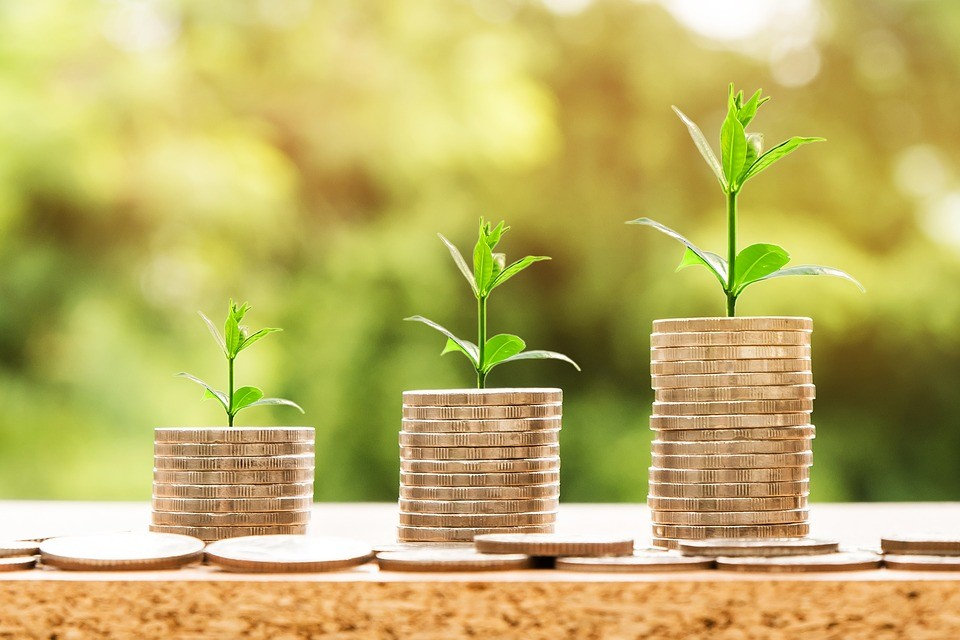In the Paris Climate Agreement, the world promises to bring financial flows in line with the global climate targets. To this end, sustainable investments must also evolve from a niche to a new standard. That is why Bas Eickhout (Greens, Netherlands), rapporteur for the European Parliament on the regulation on the classification („taxonomy“) for sustainable investments, together with Social Democrats, Liberals and Leftists in the European Parliament, wanted to improve the European Commission’s draft regulation on three essential points. But at the vote of the responsible committees for economy (ECON) and environment (ENVI) the week before last, a narrow majority of Christian Democrats and Conservatives voted against an ambitious classification.
This Thursday, 28th March, we have a chance to correct the unsatisfactory outcome at plenary level as we will vote on the final parliamentary position. We Greens want to improve the Commission’s draft regulation on three key points:
Firstly, the framework for promoting sustainable investment should not be limited to those investors who already want to do something good for our planet. Instead, the measures should cover all financial means and increasingly channel financial flows into sustainable activities. That is why we propose to extend the use of taxonomy to a wide range of financial products instead of only defining a specific eco-label for sustainable financial products.
Secondly, the framework for promoting sustainable investment should not be limited to defining sustainable investments, but should also identify the most environmentally damaging investments. This would send a strong signal to public and private investors: Investments in coal combustion, slate mining or factory farming must never be included in a sustainable financial product.
The subsequent disclosure of sustainable investments will increase transparency and put pressure on polluting sectors of the economy. This transparency should not be limited to the capital markets alone, but should also include bank loans, through which the European economy finances itself primarily. To this end, we want to integrate taxonomy into the EU Accounting Directive for large companies. However, small and non-complex companies should be subject to simplified rules in order to avoid excessive bureaucracy.
Thirdly, we want to prevent unsustainable investments from being labelled as sustainable („greenwashing“). Many market participants and politicians are currently trying to extend the definition of „sustainable“ in an unacceptable way. In this way, they want to obtain favourable regulatory treatment for all possible investments or delay politically difficult economic reforms. If the EU defines an investment as sustainable, there must be a consensus that it cannot mean clean coal, sustainable nuclear energy or green gas infrastructure. That is why we want to explicitly exclude investments in fossil fuels, fossil infrastructures and nuclear energy from the list of „sustainable investments“.
Today’s investments determine how sustainable our economy will be in thirty years‘ time. Sustainable investment should no longer be the exception, but the norm. We must not be afraid of difficult decisions to combat environmentally harmful investments. That is why I appeal to all our supporters to promote our Green proposals.

